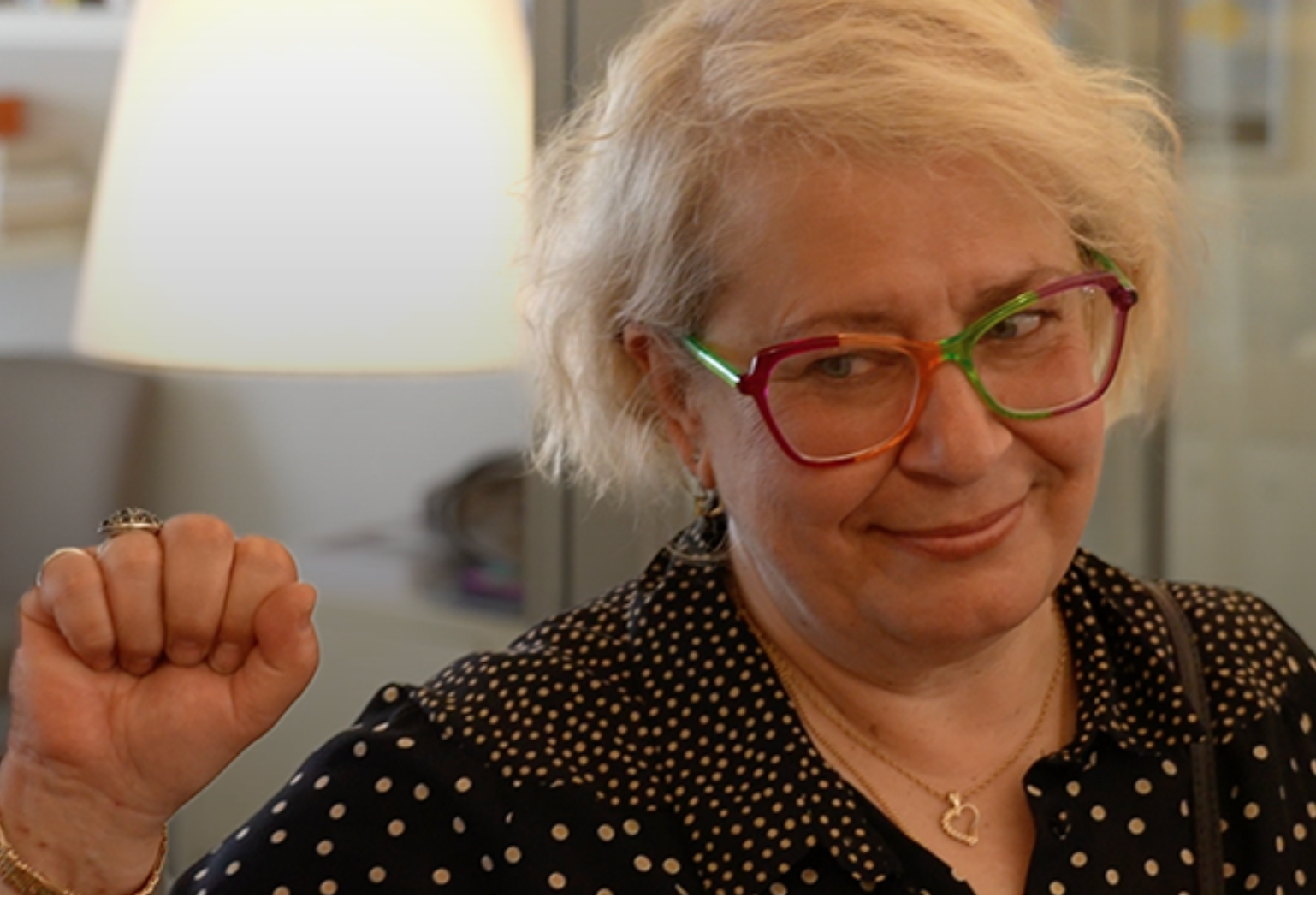Journalist Ekaterina Barabash has escaped Russia

In a stunning act of defiance against Russia’s repressive regime, 63-year-old journalist Ekaterina Barabash escaped house arrest in Moscow and fled to safety in France, marking a rare victory for press freedom in a country where dissent is met with severe punishment. Her story, which unfolded in the spring of 2025, is a testament to the courage of independent journalists who risk everything to speak the truth in the face of authoritarian censorship.
Barabash, a seasoned journalist and film critic of Ukrainian descent, had long been a thorn in the Kremlin’s side. Known for her work with outlets like Republic and the Russian service of Radio France Internationale, she built a career on fearless reporting and cultural commentary. Her outspoken criticism of Russia’s invasion of Ukraine, which began in February 2022, put her squarely in the crosshairs of the authorities. Under laws enacted that year, spreading “false information” about the Russian armed forces became a crime punishable by up to 15 years in prison—a tool the Kremlin has wielded to silence anti-war voices.
On February 25, 2025, Barabash was arrested at a Moscow airport upon returning from the Berlinale film festival in Berlin. The charges stemmed from social media posts on Facebook, where she condemned the Russian military’s actions in Ukraine, including alleged war crimes. Facing up to 10 years in prison, she was placed under house arrest the following day, as reported by the Committee to Protect Journalists. Her detention was part of a broader crackdown on journalists in Russia, which ranked as the fifth worst jailer of reporters globally in 2024, with at least 30 behind bars.
But Barabash refused to be silenced. On April 13, 2025, she vanished, triggering an alert from her electronic monitoring system. By April 21, Russian state media reported that she was a wanted fugitive. Her escape was orchestrated by Reporters Without Borders (RSF), an international press freedom organization that described the operation as one of the most perilous they had undertaken since Russia’s censorship laws tightened in 2022. Barabash traveled 2,800 kilometers through clandestine routes, a grueling journey fraught with the constant threat of capture—or worse. RSF praised her “moral determination and physical courage,” noting the immense risks she faced to reach freedom.
She arrived in Paris on May 5, 2025, where RSF held a press conference to celebrate her escape and highlight the dire state of journalism in Russia.
Speaking to the press, Barabash declared, “Journalism no longer exists in Russia,” emphasizing that “no journalists are safe from the Kremlin’s surveillance and repression.” Her words underscored the broader context of her escape: since the Ukraine war began, thousands of Russians have been prosecuted for opposing the conflict, with journalists like Barabash bearing the brunt of the crackdown.
Now safe in France, Barabash’s escape sends a powerful message to the Kremlin: free voices cannot be fully silenced. Her story, celebrated by figures like Russian-Israeli businessman Leonid Nevzlin on X, is a beacon of hope for journalists in danger. While her future plans remain unclear, Barabash’s legacy as a symbol of resistance is undeniable, inspiring others to fight for truth in even the darkest of circumstances
Я очень рад за журналистку Екатерину Барабаш, которой удалось успешно сбежать из РФ, где она была под домашним арестом. Ее обвинили в распространении «фейков» про российскую армию. То есть за то, что она говорила правду о преступлениях путинской армии в Украине, против нее…
— Leonid Nevzlin (@Nevzlin) May 6, 2025